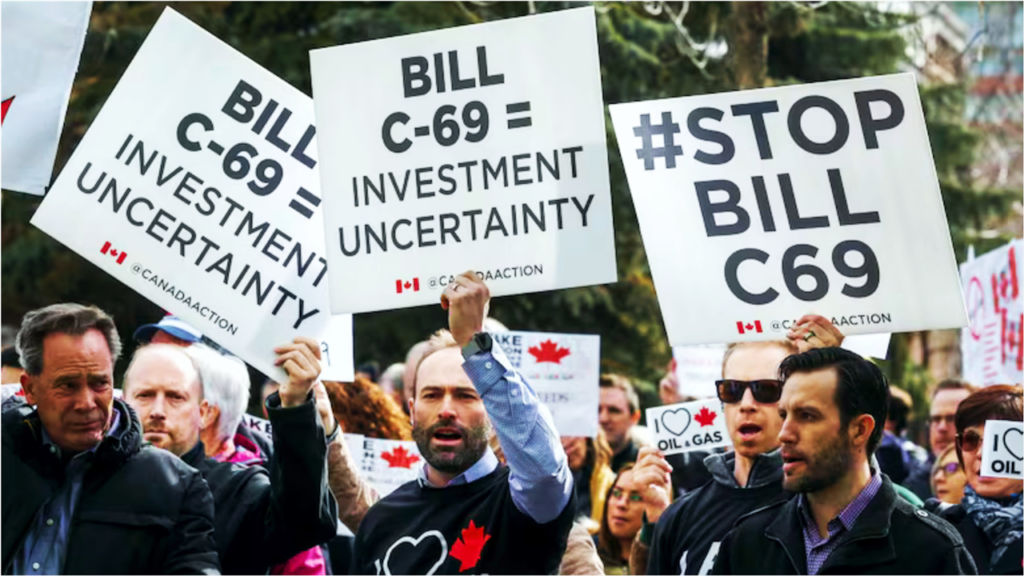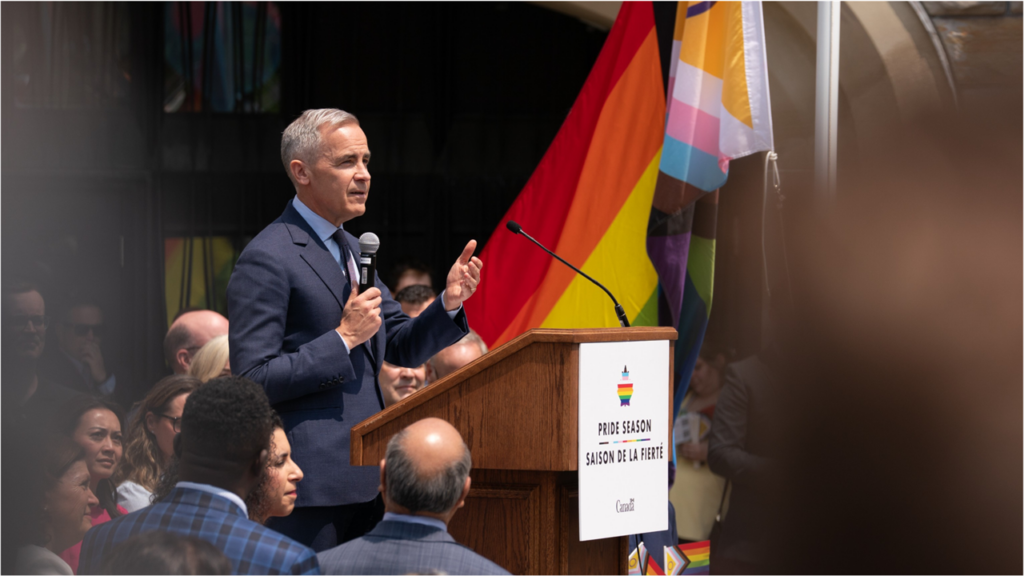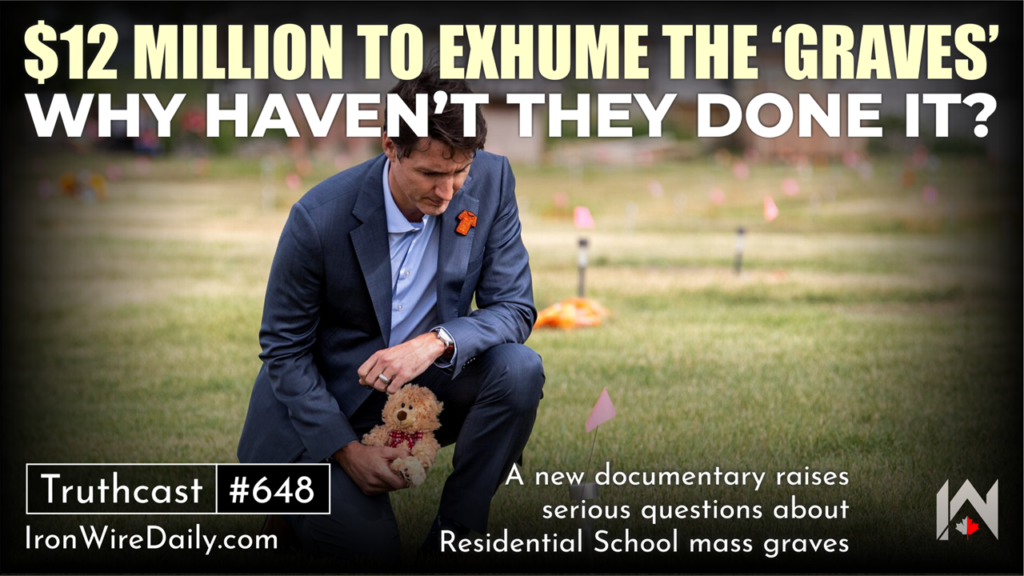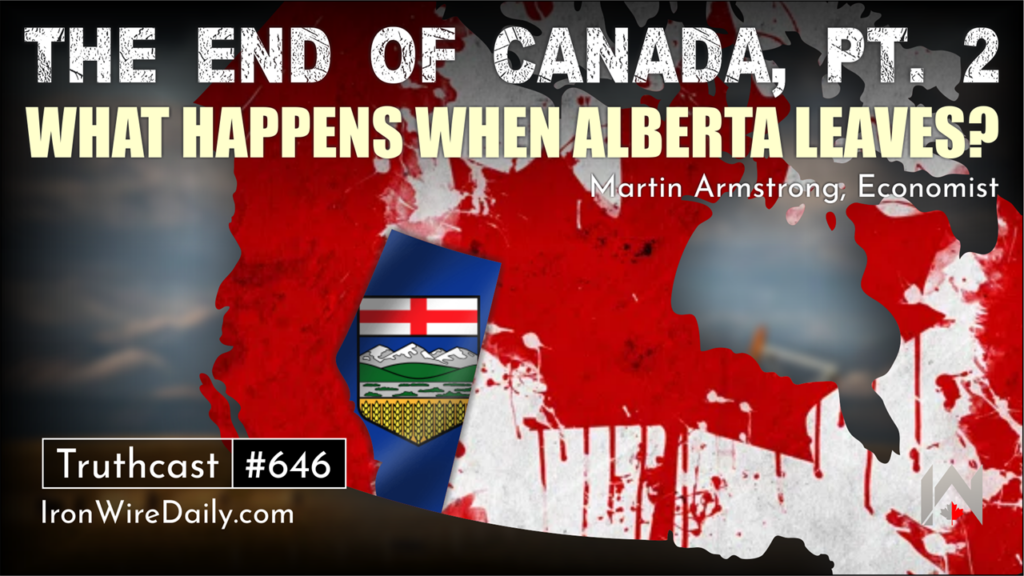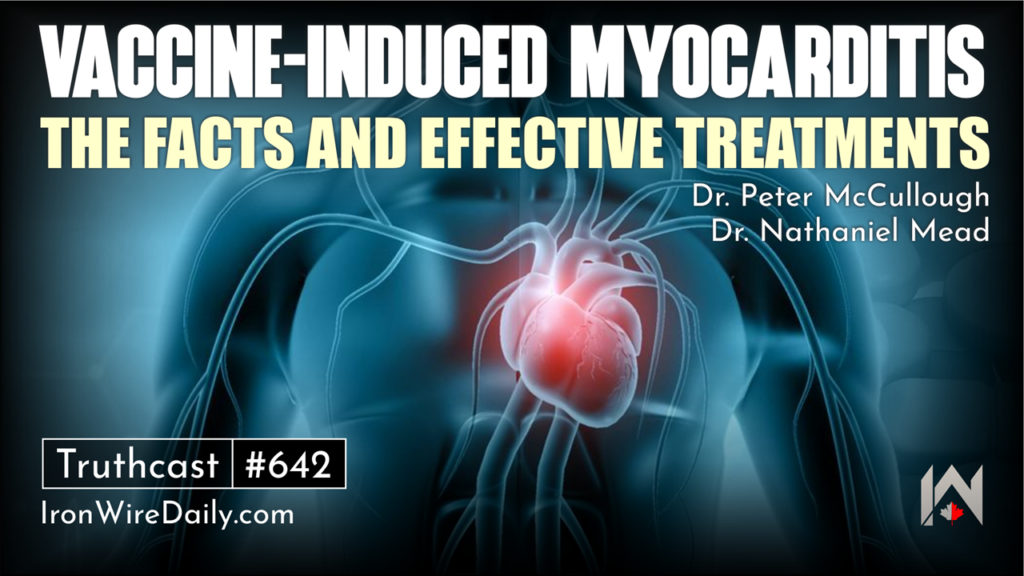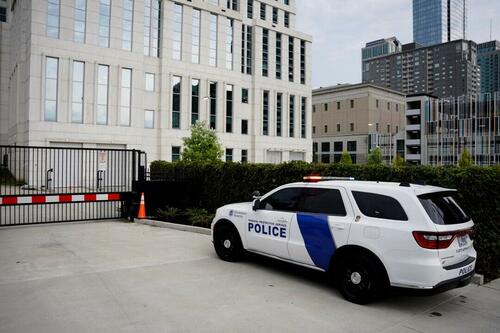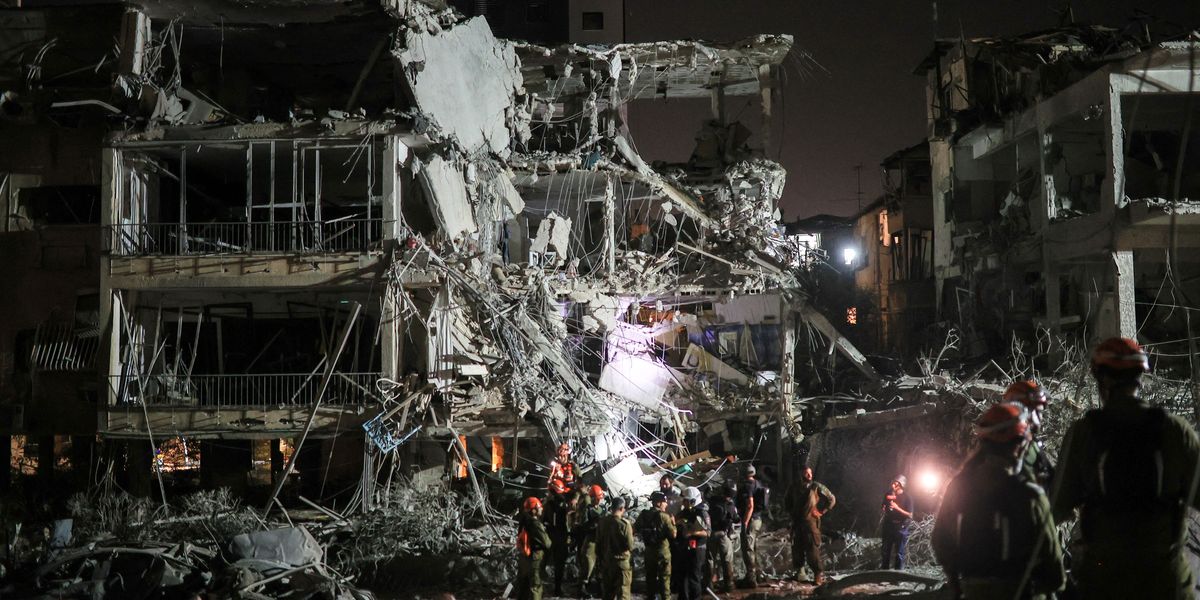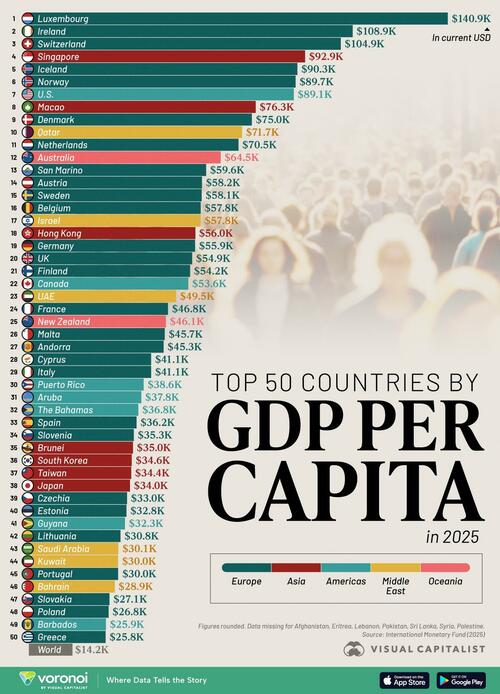Two personal stories regarding MAID

The following true story was sent to our EPC “Story Contest”, from a reader who wishes to remain anonymous. We will refer to her only as Barbara.
Please also visit our “contributor info” (Link). “recent stories” (Link). and “story index” (Link).
We would be thrilled to receive your own story (fact or creative fiction) at: story@epcc.ca
All written formats are welcome, especially short video’s.
Two personal stories regarding MAID (euthanasia)
I am sharing a recent experience my husband had in a hospital in Alberta. It is not to point a finger at the doctor treating him because he respects and admires her. It is instead to put a spotlight on what the official government narrative is regarding MAiD, how it is supposed to be administered, and what is in reality happening to vulnerable individuals who seek treatment at a hospital. (Not all individuals, but enough to raise an alarm.)
On Wednesday, May 7, 2025, he was admitted to the hospital with a suspected pulmonary embolism. It was diagnosed and he was receiving treatment (blood thinners and morphine). On Saturday, his doctor came into his room (I was not with him at the time) and said to him, “I am embarrassed to ask you this question, but I am required by federal mandate to ask people over the age of 65: Do you want to end this?” ( He’s 67) with MGUS, a pre-cancerous condition. He immediately replied that he did not, and she said that she wouldn’t have accepted his answer anyway. He called me in surprised and shocked and relayed his experience to me.
I would have thought that perhaps he was confused because of the morphine, if it were not for an experience a dear friend of mine had three years ago when she was dealing with Stage 4 breast cancer. She fainted while she and her husband were out and he rushed her to the hospital in Calgary. When she awoke, she was in a hospital bed. Confused, she asked the nurse where she was. The nurse explained that she was in the hospital awaiting MAID. She asked what that was and when it was explained to her, she was outraged. She said she would never, ever request such a thing. When she chastised her husband for letting her be in that position, he was chagrined and said that when they brought her in, they asked her if she wanted it and she had agreed.
Both of these experiences suggest that MAID is being raised not in response to the patient’s request, but rather based on age or the medical team’s assessment of quality of life. This is frightening.
I believe that these two stories are not isolated. I fear many other seniors and vulnerable patients are being approached in similar ways and may not have the ability or presence of mind to respond confidently or resist. It makes me wonder if a hospitalized person needs the 24 hour presence of an advocate to prevent them from being pressured to take MAiD. The narrative seems to have gone from a terminal person asking for MAiD to doctors asking if the person wants MAiD when they are in a vulnerable position. My prediction is that it will soon shift to pressure on people to do the right thing by ending their suffering. (Similar to Trudeau asking retired people to give up their homes for younger people).
I share these testimonies with you in hopes that your organization can bring further attention to this disturbing trend and advocate for:
- Transparency in how MAID is being introduced in hospital settings,
- Clear, age-neutral policies regarding end-of-life conversations,
- Stronger safeguards against miscommunication, pressure, or consent violations
I am grateful that there are organizations like yours who advocate for the vulnerable sector among us.
Barbara


